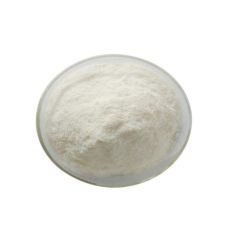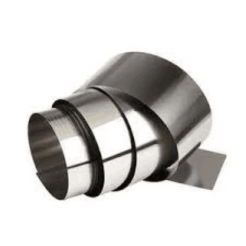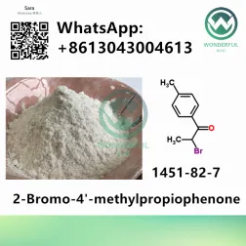industrial uses of anaerobic granular sludge
Product Description
https://www.xzbiosludge.com/productstags/industrial-uses-of-anaerobic-granular-sludge.html
Anaerobic granular sludge is a complex microbial consortium that plays a crucial role in various industrial processes. It is a structured aggregate of microorganisms that thrive in oxygen-deprived environments. This blog post explores the industrial uses of anaerobic granular sludge and highlights its significance in wastewater treatment, biogas production, organic waste treatment, pharmaceutical industry, food and beverage industry, and other industrial sectors.
Anaerobic Granular Sludge in Wastewater Treatment
Overview of anaerobic wastewater treatment
Anaerobic wastewater treatment is a sustainable and cost-effective method for removing organic pollutants from wastewater. It relies on the activity of anaerobic microorganisms, including anaerobic granular sludge, to break down complex organic compounds into simpler forms.
Role of anaerobic granular sludge in wastewater treatment
Anaerobic granular sludge acts as a biofilm matrix, providing an ideal habitat for diverse microbial communities. These microorganisms work synergistically to convert organic matter into biogas, primarily composed of methane and carbon dioxide. The granular structure of the sludge promotes efficient mass transfer and ensures high treatment performance.
Advantages of using anaerobic granular sludge in wastewater treatment
1. High organic load removal efficiency: Anaerobic granular sludge systems can effectively treat wastewater with high organic content, making them suitable for industrial applications.
2. Reduced energy consumption: Anaerobic processes require less energy compared to aerobic treatment methods, resulting in lower operational costs.
3. Biogas production: The anaerobic degradation of organic matter by granular sludge generates biogas, which can be utilized as a renewable energy source.
4. Sludge minimization: Anaerobic systems produce less excess sludge compared to aerobic systems, reducing the costs associated with sludge handling and disposal.
Case studies of successful anaerobic granular sludge applications in wastewater treatment
Example 1: In a large-scale industrial wastewater treatment plant, anaerobic granular sludge was implemented to treat high-strength organic effluents. The system achieved over 90% organic matter removal efficiency and generated biogas that offset a significant portion of the plant's energy needs.
Example 2: A food processing facility integrated anaerobic granular sludge technology into its wastewater treatment process. This solution not only achieved compliance with regulatory standards but also reduced the plant's carbon footprint by utilizing the biogas produced as a source of renewable energy.
Example 3: A petrochemical industry wastewater treatment plant adopted anaerobic granular sludge-based treatment to efficiently remove complex organic compounds. The plant observed improved treatment performance, reduced chemical consumption, and significant cost savings.






